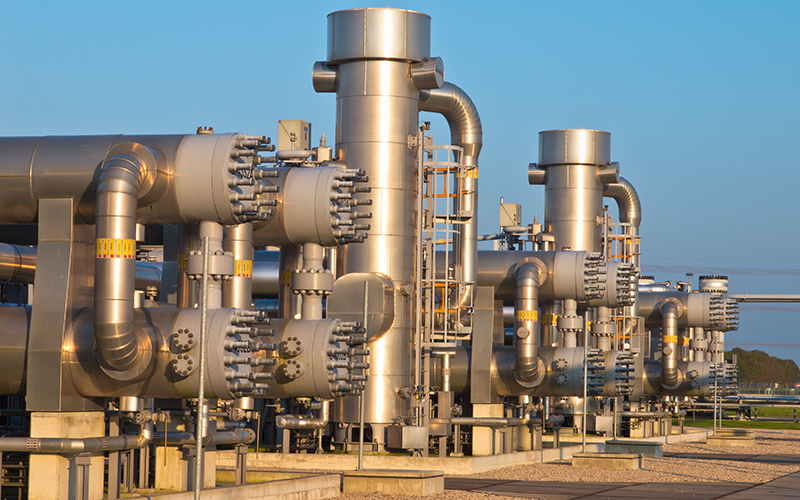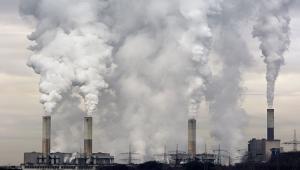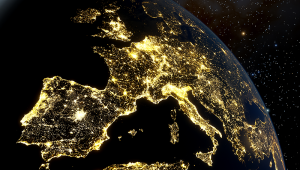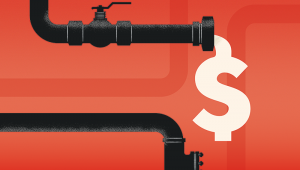web_natural-gas-processing_credit_rudmer-zwerver_shutterstock_89282038.png

A natural gas processing site. Image © Rudmer Zwerver/Shutterstock
Guidance set out by the European Commission this week shows EU member countries they can introduce price controls in exceptional circumstances under existing rules, as well as redistribute revenue from high energy sector profits to consumers.
New emergency state aid rules could soon allow governments to financially help companies through the cost crisis, according to a statement released on Tuesday.
Costs have been driven up as a result of Russia’s invasion, which began nearly two weeks ago and have resulted in devastating economic sanctions from western governments, including the EU.
Currently the EU imports 90% of its gas, and Russia provides about 45% of those imports, as well as 25% of oil imports and 45% of coal.
The commission said it wants to set a legal target for underground gas storage to be filled to at least 90% of capacity by 1 October each year, with gas to be imported from other countries.
“Russia's invasion of Ukraine has aggravated the security of supply situation and driven energy prices to unprecedented levels,” said EU commissioner for energy Kadri Simson.
“For the remaining weeks of this winter, Europe has sufficient amounts of gas, but we need to replenish our reserves urgently for next year.”
Officials said the efforts to reduce dependence on Russia would be supported by a new plan dubbed REPowerEU, diversifying sources and increasing the use of renewable energy.
They believe the plan could cut EU demand for Russian gas by two-thirds before the end of 2022.
“We must become independent from Russian oil, coal and gas,” said Commission president Ursula von der Leyen.
“We simply cannot rely on a supplier who explicitly threatens us.”













